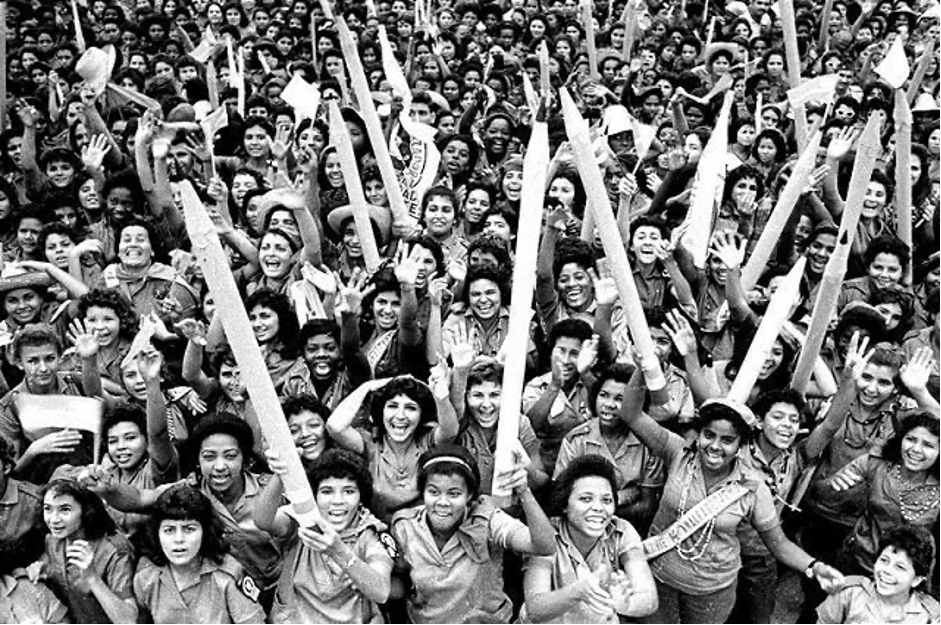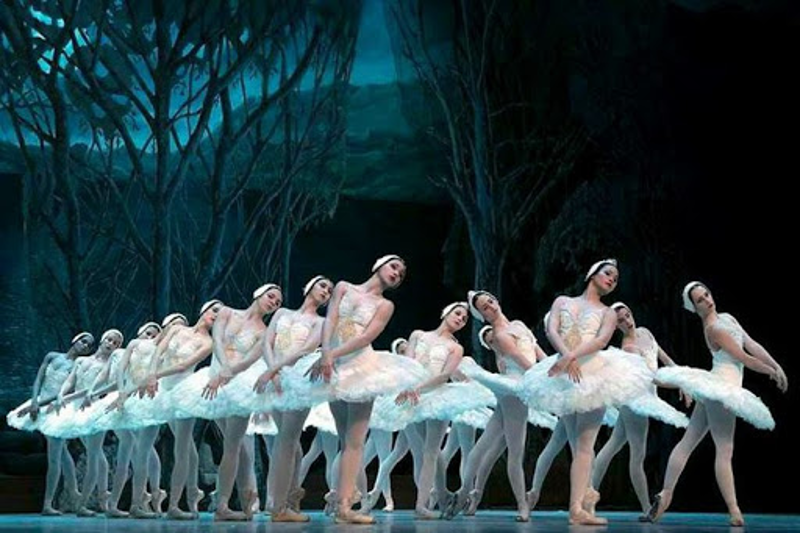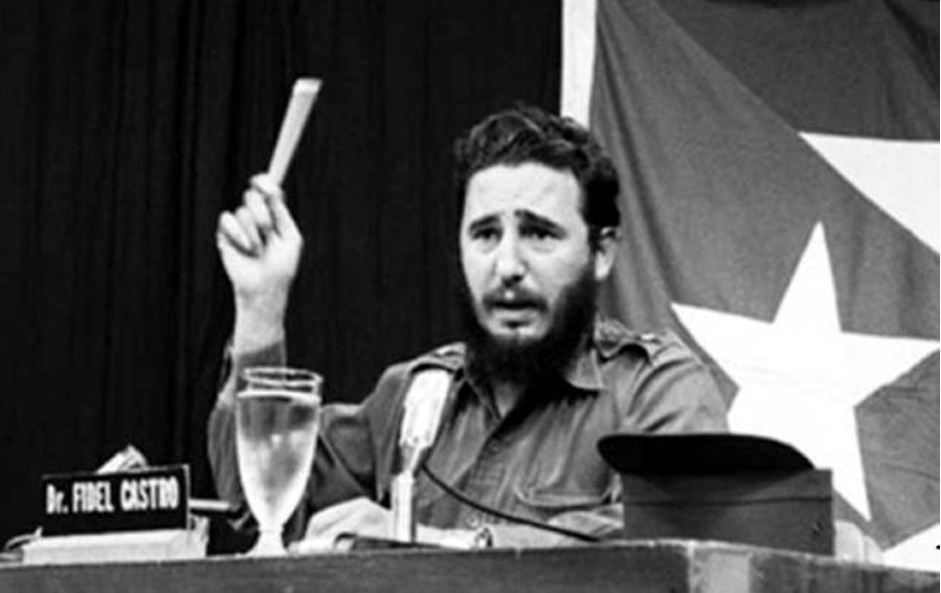Robin Talbot writes about Castro’s attempts to unite the Cuban people, arguing that it is imperative for today’s communists to listen to the interests and needs of the working class

Almost 60 years ago, on 16, 23 and 30 June, 1961 Fidel Castro and other top leaders of the new revolutionary socialist Government of Cuba met with Cuban artists and intellectuals to have a frank exchange of concerns and ideas.
A transcendental series of events was taking place in Cuba at that time. The Cuban Revolution had swept to power on the first day of 1961, toppling the gangster-terrorist dictatorship of Batista, in hock to US corporations and imperialism.
The new Government took over the entire educational system and media, as well as reforming the universities and instituting a Literacy Campaign that taught almost a million Cubans how to read and write for the first time, raising the literacy rate to 96%.
However, June 1961 was only two months after the Bay of Pigs Invasion. Cuba was in the midst of multifaceted imperialist attacks from the United States, including terrorist bombings and assassination attempts against Cuban officials.
Fidel nonetheless dedicated time and energy to meeting with artists and intellectuals after the censorship of the documentary “PM” by the state art and cinema institution, ICAIC.
Why did he bother to do this, when the country was under attack?
The reason for this was that Fidel believed that it was essential to hold dialogue with and listen to the concerns and viewpoints of the different artists who, whilst generally supportive of the Cuban revolutionary project, were still worried.
He advocated that there should be a revolutionary dialogue within the revolutionary process and that revolutionaries should be able to “take chances” within it. In these discussions, he brought firm principles and essential strategy close together.
He believed that in this dialogue and cooperation within the broad movement, the Cuban Revolution could find the invincible strength to defeat much greater challenges.
Importantly, he argued in favour of a spirit of unity, completely against dogmas and sectarianism. This helped to establish Cuba’s cultural policy as open and flexible, whilst at the same time resolutely for Cuba and for the Cuban Revolution.

“The Revolution must seek that not only all revolutionaries march together with it … The Revolution should seek that anyone who has doubts becomes a revolutionary … The Revolution should never give up counting on the majority of the people.”
Fidel’s approach to building the revolutionary process was, above many other characteristics, inclusive and all-encompassing, drawing hope and strength from the intelligence and support of Cuba’s working class and other progressive forces, in other words, the broad movement.
“Within the Revolution, everything. Against the Revolution, nothing!”
This is one of the most famous expressions that Fidel made at this series of meetings, a phrase now enshrined in our new Code of Conduct.
This expression sums up some essential thinking about the practice of democratic centralism and its essence of free internal dialogue and criticism within, while outside, each revolutionary should relentlessly defend their revolutionary process.
Fidel meant that every argument and thought that genuinely wished to be part of the revolutionary process or its movement, should be and was entitled to remain within it, whereas only those people that were “incorrigible reactionaries, incorrigible counter-revolutionaries” should exist outside of it. He believed that as the revolutionary process grew, more and more people’s faith could and should be won to it and that this is something that should be fought for passionately.
Following these series of debates with Fidel, artistic and cultural institutions throughout Cuba grew and flourished, such as the Union of Cuban Writers and Artists, the National Ballet, the National Library, the ICAIC, the Broadcasting Institute, the Casa de las Americas, the Symphonic Orchestra and the Publishing House.
Celebrated Cuban journalist Enrique Ojito writes: “Fidel’s expression had the same meaning then as it did today. It meant that we should look for consensus within diversity, and the construction of unity in order to brandish this as a shield against everything that might reek of aggression against our authentic and nonconformist project.”
After all, what is a revolution if it is not a project to overturn the old and degenerate capitalist order, based on exploitation, oppression and everything that is related, and replace it with a Socialist order based on progress and cooperation for all.

As Communists, it should always be at the forefront of our minds to listen to, respect and take on board the needs and interests of the people.
At the same time, rather than get stuck in the short term, Communists should look to the long-term strategies and solutions and provide the correct road of advance with our Marxist-Leninist outlook.
Our dream is for social and economic progress and Socialism in Britain, and we believe that this is something that young people should celebrate and fight for. Now in our 100 year celebrations, we hope to inspire more young people to step forwards and join this glorious struggle.
It is essential to our success that we always strive to capture the enthusiasm of the people for a better and more decent life, and unite the broadest, most democratic mass movement of people behind our revolutionary project, which is our strategy outlined in our programme Britain’s Road to Socialism. This is also the essence of our brand new Youth Charter, which is a set of policies that we hope will pave the road forwards for a brighter future for Britain’s youth.
To be successful, we must not only strive to set an example of honest leadership of young people’s struggles, but we must also rely on these young people to give our movement its blood and sweat, and its strength, hope and inspiration.
“There is no other class but the working class for me. They give one strength, hope and inspiration. Their history is the only history worth knowing and fighting to develop in the conditions of our time. There is no sacrifice too great to be allowed to serve the working class. I know that one day they will conquer power in Britain.”
Harry Pollitt, former general secretary of the Communist Party in Britain
http://www.cadenahabana.icrt.cu/english/news/words-to-the-intellectuals-57-years-after-20180705/ (English)
http://www.escambray.cu/2020/palabras-a-los-intelectuales-un-documento-para-todos-los-tiempos/ (Spanish)
https://www.ecured.cu/Enrique_Ojito (Spanish)
Robin Talbot



